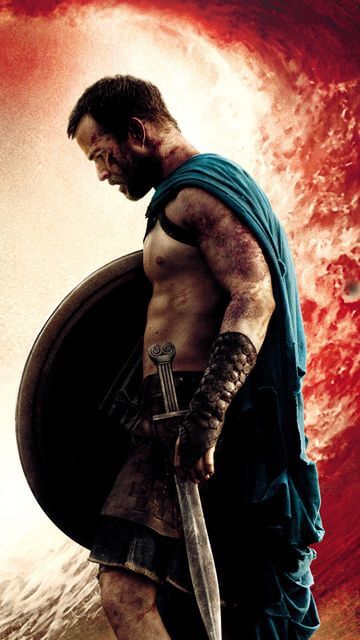“In a democracy,” the Greek historian Herodotus wrote, “there is, first, that most splendid of virtues, equality before the law.” It was true that Cleisthenes’ demokratia abolished the political distinctions between the Athenian aristocrats who had long monopolized the political decision-making process and the middle- and working-class people who made up the army and the navy (and whose incipient discontent was the reason Cleisthenes introduced his reforms in the first place). However, the “equality” Herodotus described was limited to a small segment of the Athenian population. For example, in Athens in the middle of the 4th century there were about 100,000 citizens (Athenian citizenship was limited to men and women whose parents had also been Athenian citizens), about 10,000 metoikoi, or “resident foreigners” and 150,000 slaves. Out of all those people, only male citizens who were older than 18 were a part of the demos, meaning only about 40,000 people could participate in the democratic process. Ascent to Greek Empire-Urdu

Ancient Greece was made up of city-states. A city-state was a major city and the surrounding areas. Each city-state had its own rule and government. Sometimes the city-states fought each other. Athens and Sparta were the two largest city-states and they had many wars and battles. The Ancient Greeks may be most famous for their ideas and philosophies on government and politics. It was in Greece, and particularly Athens, that democracy was first conceived and used as a primary form of government. Ascent to Greek Empire-Urdu.
In the year 507 B.C., the Athenian leader Cleisthenes introduced a system of political reforms that he called demokratia, or “rule by the people.” This system was comprised of three separate institutions: the ekklesia, a sovereign governing body that wrote laws and dictated foreign policy; the boule, a council of representatives from the ten Athenian tribes; and the dikasteria, the popular courts in which citizens argued cases before a group of lottery-selected jurors. Although this Athenian democracy would survive for only two centuries, Cleisthenes’ invention was one of ancient Greece’s most enduring contributions to the modern world.
Democracy – A government ruled by the people, or assembly. Officials and leaders were elected and all citizens had a say.
Monarchy – A single ruler like a king. In Athens, this ruler was called a Tyrant.
Oligarchy – When the government is ruled by a small group.
Over time some city-states, like Athens would change governments. Sometimes they were ruled by Tyrants and, at other times, they were a democracy.
Bodies of Government
There were three main bodies of the government: the Assembly, the Council of 500, and the Courts.
The Assembly included all citizens who showed up to vote. Everyone who was a citizen could participate as part of the assembly. The assembly would decide on new laws and important decisions, like whether or not to go to war.
The Council oversaw much of the day-to-day running of the government. The Council was determined by lottery. If your name was chosen, then you would be on the council for one year.
The Courts handled lawsuits and trials. The courts had large juries to help make decisions. For private lawsuits, the jury was at least 201 people, for public lawsuits the jury was at least 501 people.
Note: This article was originally published on our related blog. We have merged content from our educational subdomains to provide easier access in one place. The original post is still available at: https://videos.urdutubes.com/2019/04/ascent-to-greek-empire-urdu.html
All content is owned and authored by us, and redistribution or reuse is not allowed without permission.
Note: This post is part of our content merger from multiple educational subdomains. To access the original content, visit: books.urdutubes.com for book-related content, PDFs, and downloads, or videos.urdutubes.com for video-related posts. All content is owned and authored by us, and redistribution or reuse is not allowed without permission.
Leave a Reply
You must be logged in to post a comment.